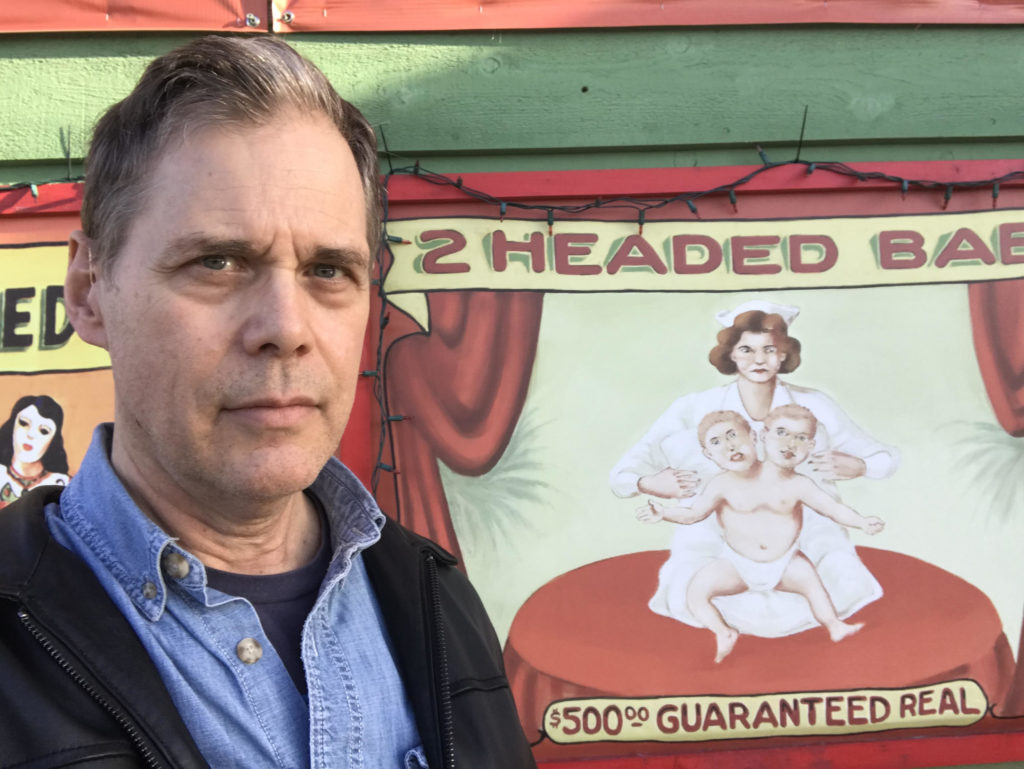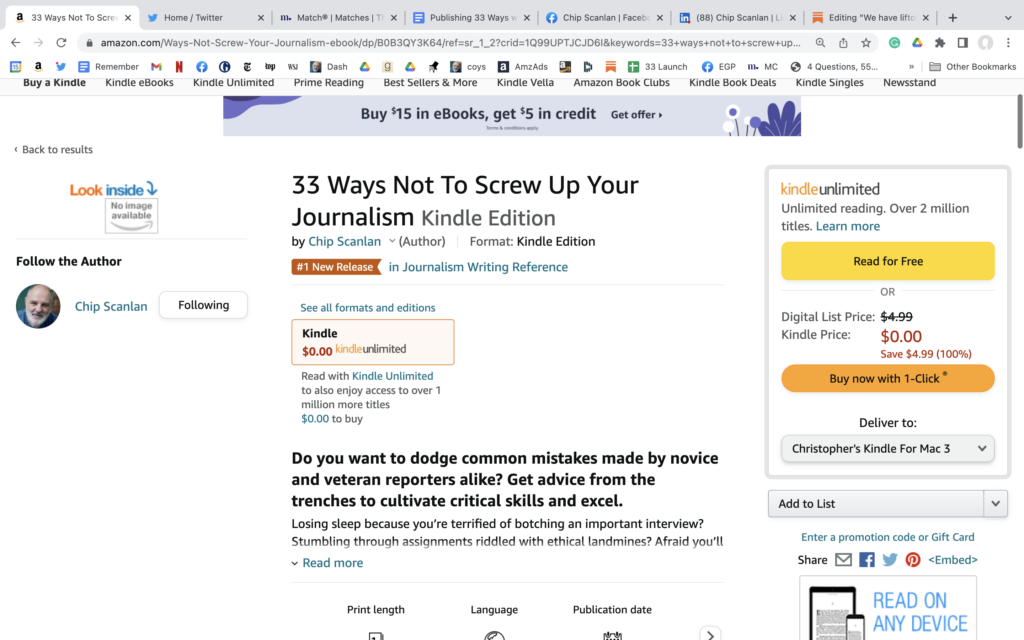Over the years, I’ve met many writers with countless ideas for stories, magazine articles, novels and screenplays. Some have succeeded in finishing (and even publishing) their work, but many never survived the exhilarating flash of inspiration that launches a piece of writing.
Oh, they’d begin with great hope, with a single line, or a few paragraphs or pages. But stuck in a quicksand of doubt, they couldn’t go on. Doubt, that crushing emotion, overtook them. Writer’s block ensued.
Nevertheless, they resolved to go on. Tomorrow, they promised. Over the weekend when I had free time. During the vacation that was coming up. Time after time, they did what many people have done since the beginning of time. They put it off.
The Romans, an Empire that had its beginnings before the birth of Christ, had a word for this failing of the human spirit: procrastinatus. Pro meaning “forward” and “crastinus” signifying “of tomorrow,” a linguistic origin transformed over centuries into the English procrastinate, “the act of intentionally putting off something that should be done,” according to the Merriam-Webster dictionary. It took an English poet, Edward Young to capture its essence. “Procrastination is the thief of time; Year after year it steals, till all are fled,” he wrote in Night Thoughts,” a series of poems composed between 1742 and 1745, during the dark hours of night, when the anguish over abandoned dreams is perhaps greatest.
“Many of us go through life with an array of undone tasks, large and small, nibbling at our conscience,” the writer James Surowiecki has observed. Of course, it’s not just writing that procrastination defeats. It’s the garage cleaning you’ve been meaning to put off, the mud-caked car that needs washing, the tax forms due in April, any number of tasks that nibble away, but still remain untouched. For writers, though, procrastination is the enemy of progress, the stomach-churning agony of being unable to move on and finish a story, no matter how exciting the idea, relentless the deadline, or disappointing the failure to act.
Over a career of five decades, I too became an expert at one of the most common of human failings, an ancient flaw that lies behind mountains of abandoned dreams, a towering torment of the half-finished, the half-done. Procrastination has been a companion at some point on nearly every writing journey I ever embarked on.
There are infinite ways to procrastinate: pace, video games, disappear into the black hole of social media, binge-watch, even tackle distasteful household chores. For me, one of the most successful approaches is to research. Perhaps not unsurprisingly, the topic I’ve spent a lot of time studying—the craft of writing—is the one that’s kept me from doing the writing–fiction–that I dreamed of as a boy.
Challenging as procrastination is, years of experience in my own work and helping other writers with theirs has taught me not to surrender to despair. Delay can be defeated.
The first step is to acknowledge that everyone procrastinates.
All of us face tasks we’d rather avoid, whether it’s conducting that first interview, writing that first line, responding to an email, or just doing the dishes. Recognizing this reality means you must be ever vigilant for the telltale signs of resistance. For me, it’s the simple act of hesitation, realizing that my fingers are hovering over the keyboard, paralyzed.
In this case, my solution, one reached after years of procrastination, is to lower, nay abandon, my standards and type as fast as I can, thinking with my fingers, and trying to drown out the voice of doubt that clamors to be heard with the clatter of keys. What I wrote was immaterial. “I want to write a short story about a man struggling with dementia but I have no idea how to start,” or “Damn, my post on procrastination is due tomorrow morning..”
This freewriting, I’ve discovered is more than just throat-clearing; very soon, miraculously, prose begins to emerge. I begin to describe a man in his 70s, as his memory problems progressed from losing his keys, misplacing his wallet, and forgetting names to the terror of getting lost while walking his dog in what had been his familiar neighborhood. Not great, I tell myself, but it’s a start and it kicks me into gear and over many sessions, I draft and revise “Jacaranda.” I’ve reached the point of submission to literary journals, although of course, I’m procrastinating about that.
But wait.
Besides, lowering your standards and freewriting , here are some other valuable techniques, their value bolstered by users’ comments.
1. Know tomorrow’s task today.
This is the technique that made my friend and mentor, Don Murray, one of the most productive writers I ever knew. Perhaps, he mused, the subconscious takes over when you assign yourself a task the night before.
“What surprised me is how much I feel better knowing that I know what I will be doing tomorrow. I’m the type of person who needs to write down everything or I’ll forget it. I find it reassuring and calming. It puts me in control and gives me a sense of order. I’m not as scatterbrained trying to remember everything at once.”
–Jane Kim
2. Follow productivity expert David Allen’s two-minute rule: If you think a task will take you two minutes or less, do it now.
“What surprised me was how much I could get done in tiny chunks–maybe it wasn’t so much the sheer amount of work as finding mental space to tackle it.”
–Ellen Sung
3. Eliminate piles. Instead of letting paper stack up on your desk, either put it in folders or toss it.
“I learned that it is a lot quicker to find things when you don’t have to shuffle through 50 pages of other unrelated issues. I learned that filing is a good thing to combat the urge to pile things up. I had to do something with the papers, and filing was a good physical way of keeping from falling back into the bad habit.”
–Preston Smith
So let’s not tarry any longer.
Don’t put it off.
Gulp and go.
Right now.





